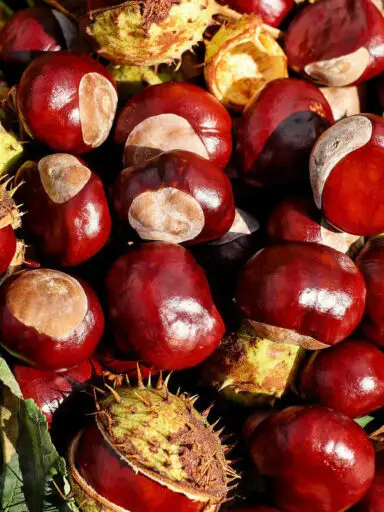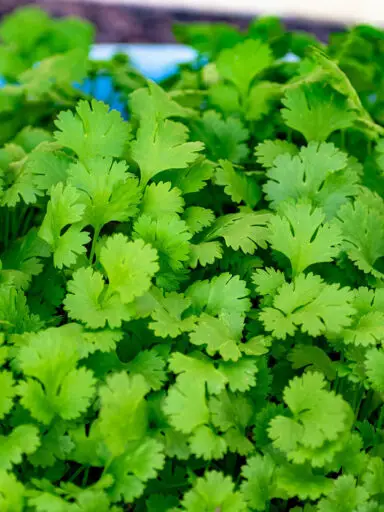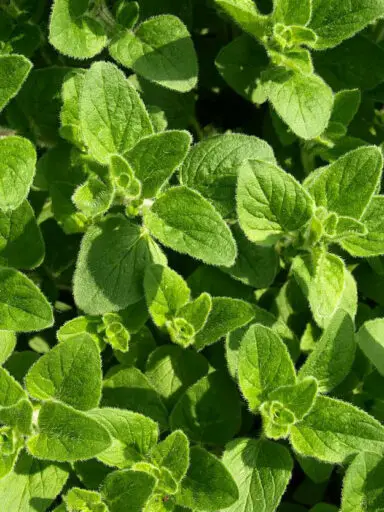Pumpkin seeds are also known as pepita. The name is from Mexican Spanish: pepita de calabaza, meaning “little seed of squash“.
They are the edible seeds of the pumpkin or certain varieties of squash. The seeds are found in the fruit which is also edible in its own right.
The green-colored pumpkin seeds are gathered for their rich nutritional content as well as the oils they contain.
For more information on the pumpkin, you can visit this more in-depth page on the pumpkin.
Pumpkin seeds are popular in Mexico and Latin America. There the hulled and roasted pumpkin seeds are referred to as pepita.
Pumpkin seeds can be readily available in stores all around the year. The seeds may be purchased whole, hulled, roasted, salted, etc.
When buying the seeds from open markets you should look for uniform seeds that feel dense in hand. Shriveled, moldy, or rotten seeds should be avoided.
At home, whole seeds should be stored in a cool, dry, and dark place where they will keep well for a few months.
Hulled kernels do not keep well for long especially if exposed to warm, humid conditions. At home, these forms should be stored in an airtight container in the refrigerator.
How to Enjoy Pumpkin Seeds as a Delicious Food Source
The seeds can be enjoyed as a healthy snack raw or roasted, sweetened, or salted. In Mexico, where they are very popular, the seeds are usually roasted and flavored with salt, lime, or chili peppers.
They are used in salads, be it fruit or vegetable salad. In which cases they can be sprinkled over crushed or whole.
Again they can be added to sauces and stews such as those of meats, poultry, vegetable, and the like.
They can also be used as some of the ingredients in baked goods, biscuits, bread, cookies, casseroles, granola, etc.
You will also find the seeds added to desserts such as ice cream sundaes.
The seeds are frequently added to enrich meat, poultry, rice, and vegetable dishes. The pumpkin seeds oil is used in salad dressing as well as in cooking.
Nutritional Benefits
The seeds are nutrient-rich, with a high content of protein, dietary fiber, fats and oils, and numerous micronutrients.
The seeds are rich in vitamins, minerals, and numerous health-promoting antioxidants. These seeds contain 559 calories per 100 grams.
The seeds are rich in B-complex vitamins which include folates, niacin, pantothenic acid, pyridoxine, riboflavin, and thiamin.
The seeds are an extremely rich source of vitamin E as well. They are a good source of potassium, calcium, and selenium.
These seeds have an extremely high content of minerals including copper, iron, magnesium, manganese, and phosphorus.



